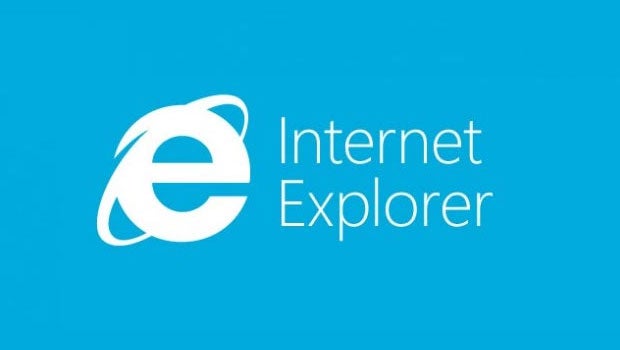Microsoft’s web browsers will turn off ‘Do Not Track’ by default

Microsoft has announced that future iterations of its Internet Explorer and the forthcoming Windows 10 Spartan web browser, will switch off the ‘Do Not Track’ feature by default.
The protection can help users to avoid their web activity being tracked by third-party advertisers who want target them with banner ads befitting their browsing habits.
In current versions of Internet Explorer, Do Not Track is automatically enabled as a factory setting, but those using future versions will have to turn DNT on themselves.
All of the major browser builders – the likes of Google, Mozilla, Apple and Opera – support Do Not Track, but not all of them enable the setting by default.
In Chrome and Firefox users have the option to enable it in the browser settings, but it is turned off when the program is downloaded.
Microsoft’s about-turn comes following a backlash from advertisers who had pledged to honour users’ desires not to be tracked, as long as it wasn’t the default setting.
Read more: Microsoft Project Spartan preview
In a statement, Microsoft’s Chief Policy Officer Brendon Lynch said (via TechCrunch) the decision was made to comply with new W3C standards.
He claimed the rules state “the signal must explicitly reflect the user’s preference, not the choice of some vendor, institution, sister or network-imposed mechanism outside the user’s control.
“Put simply we are updating our approach to DNT to eliminate any misunderstanding about whether our chosen implementation will comply with the W3C standard.
“Without this change, websites that receive a DNT signal from the new browsers could argue that it doesn’t reflect the users’ preference and therefore choose not to honour it.”


